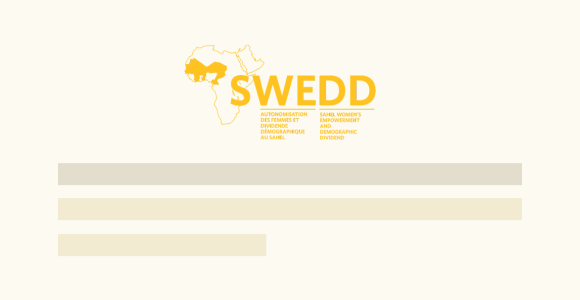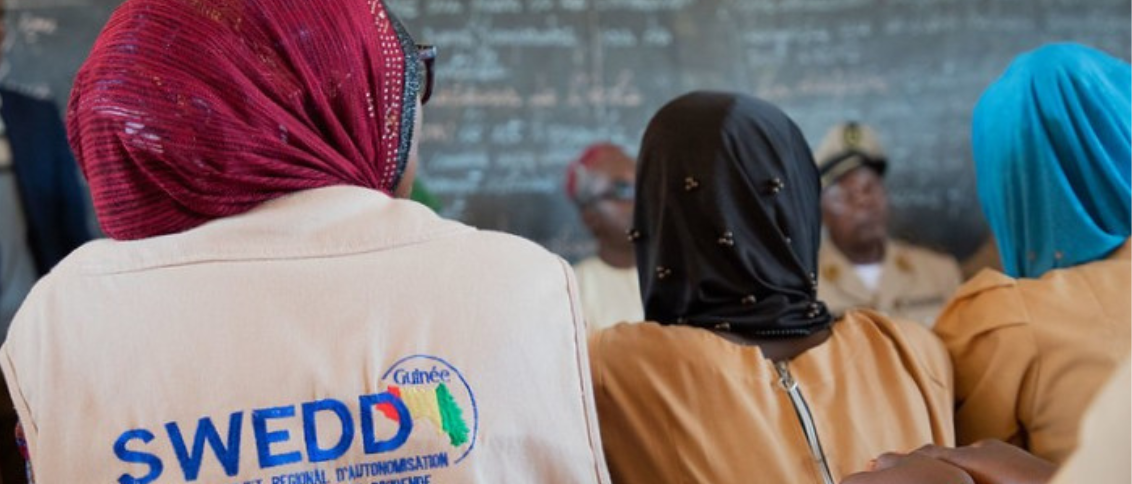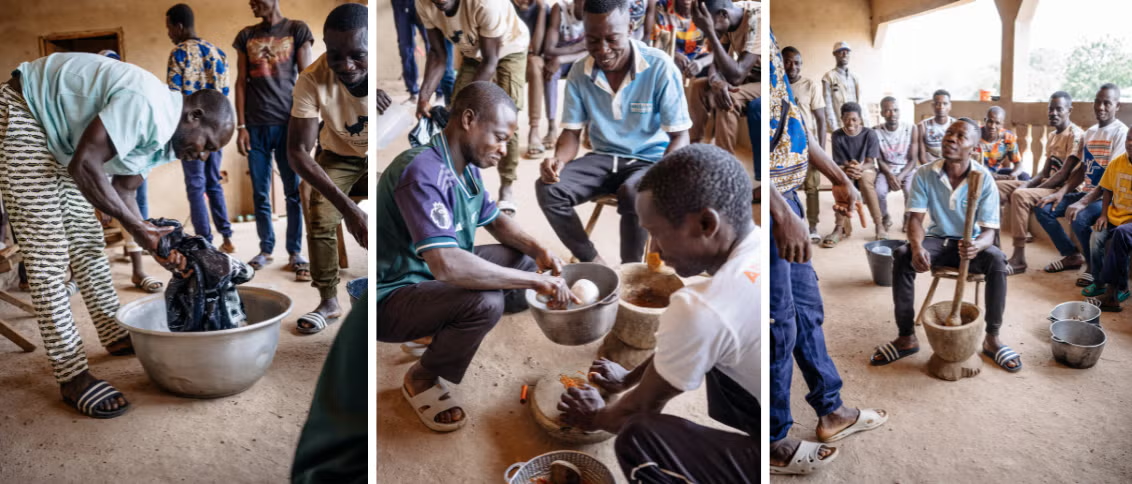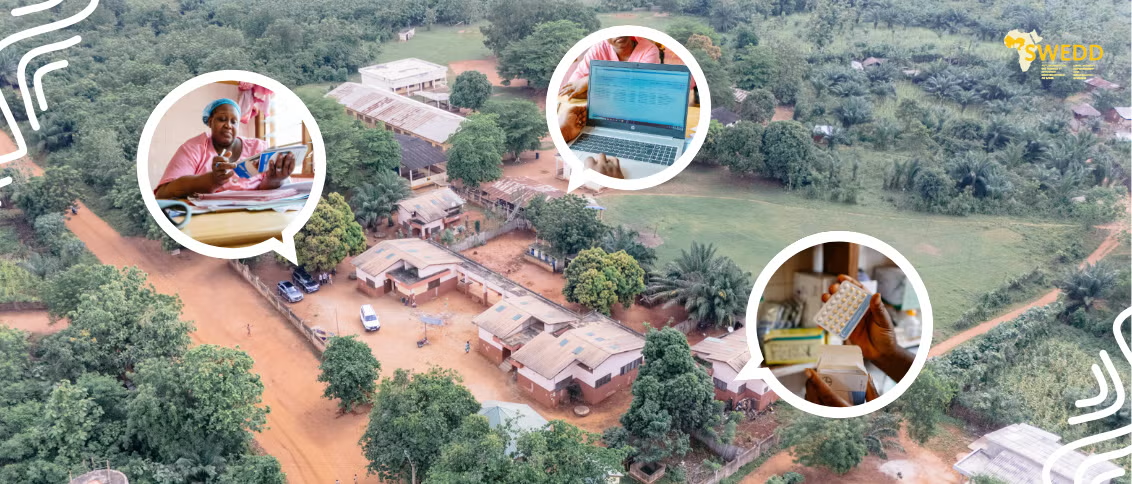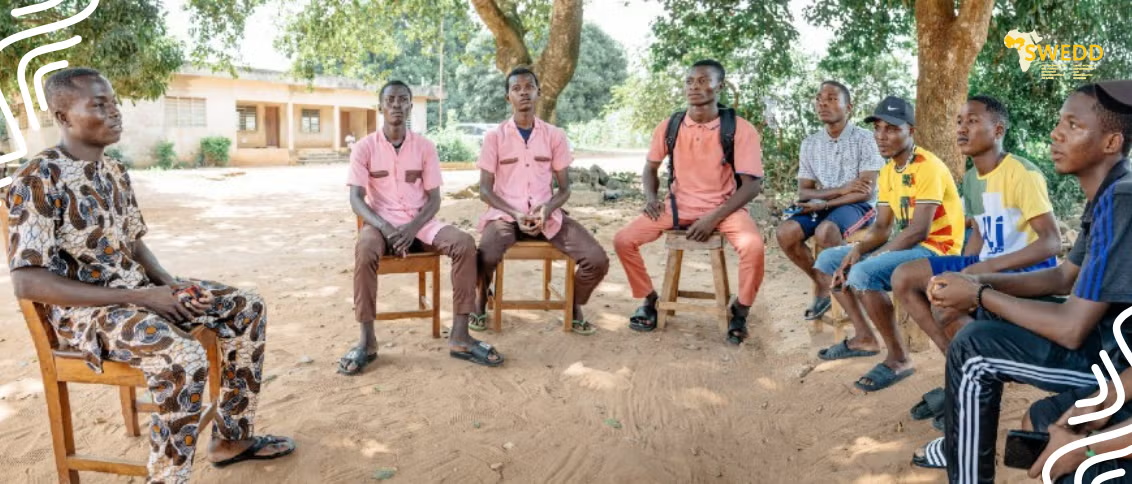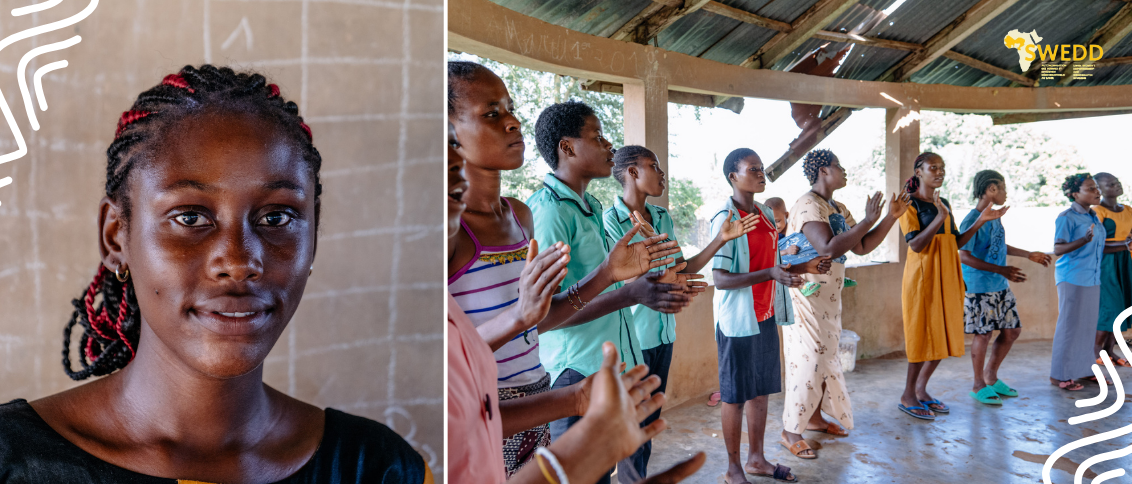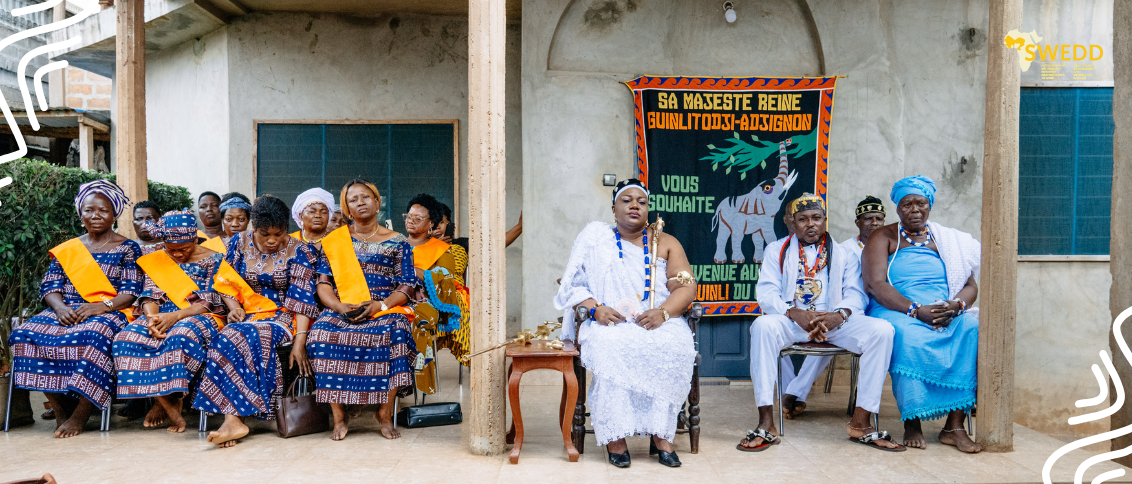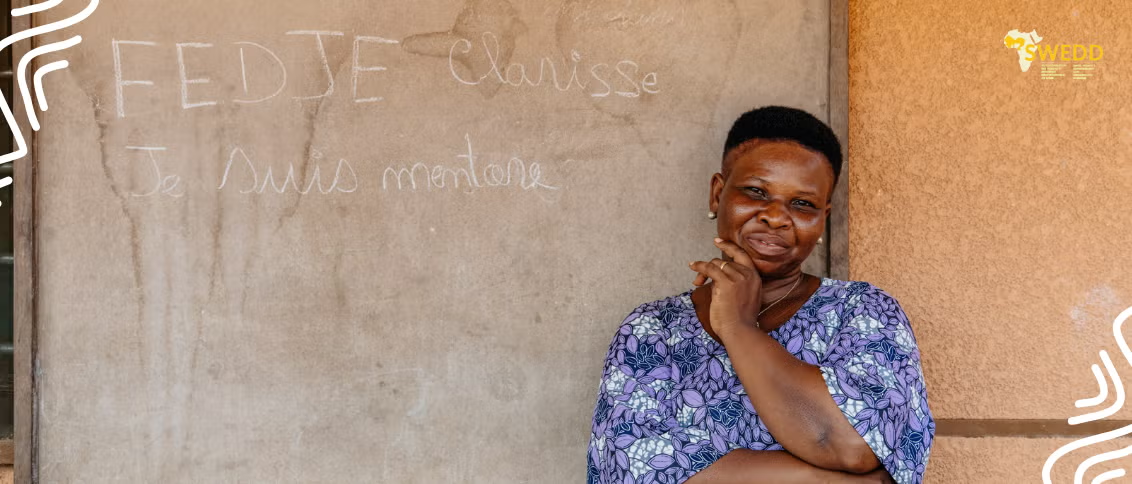

NEWS
Innovative health products distribution in Africa: Drone usage for Last-Mile delivery
24 July 2024

Cutting-edge technology could soon be used to deliver essential health commodities in hard-to-reach areas. Drones have already been tested for last mile delivery of health products in several Sub-Saharan African countries through the Sub-Saharan Africa’s Women’s Empowerment and Demographic Dividend (SWEDD) project, financed by the World Bank.
In order to spread the learnings acquired in those tests, the SWEDD project organised a strategic discussion and knowledge-sharing workshop from July 22 to 26, 2024 in Saly, Senegal. The workshop aimed to share country experiences and enhance the regional knowledge on using drones to deliver essential health commodities to support national supply chains and improve access to remote areas affected by climate change and humanitarian conflicts.
Key participants in this regional technical workshop came from SWEDD countries (Benin, Burkina Faso, Cameroon, Chad, Côte d’Ivoire, Mali, Mauritania, Niger, and Senegal), civil aviation regulatory agencies, Air Force (Benin, Burkina Faso, Côte d'Ivoire, Senegal, and Madagascar), supply chain partners (Help Logistics, ARC, CHMP), a drone supplier (Zipline), and drone pilots.
Also in attendance were representatives from the World Bank, as well as the West African Health Organization (WAHO) and the United Nations Population Funds (UNFPA), both of which provide technical assistance to the SWEDD program.
The main highlights of the workshop included:
- Presentation of pilot experiences on drones’ usage in several SWEDD countries (Benin, Cote d’Ivoire, Burkina-Faso) and Madagascar.
- Key regulatory and safety requirements for the usage of drones on health products delivery.
- Existing drones’ markets and business models.
- Criteria for developing strong, national feasibility studies on drone usage for last-mile delivery.
The workshop also offered participants the opportunity to conduct a thorough Strengths, Weaknesses, Opportunities, and Threats (SWOT) analysis, and to define a rationale for a drones’ usage feasibility study.
Fruitful discussions from breakout sessions included: (i) how to navigate regulatory frameworks and sharing perspectives on forging public-private partnerships; (ii) identifying successes and challenges in drone market mapping and procurement processes; and (iii) improving collaboration mechanisms between Ministries of Health and Defense.

1. Officer Wamian Kouamé Joseph-Mikaël: Officer in charge of the Bureau Emploi Opérations/État-Major de l'Armée de l'Air de Côte d'Ivoire.
2. Captain GAMPENE Idrissa: Head of the Training and Instruction Bureau of the Operations Division of the Burkina Faso Air Force Headquarters
3. Col OSSENI Rachidi: Assistant to the Director of Cabinet of the Minister of National Defence of Benin
4. Commandant Momar Khary NDIAYE: Head of Division, Employment Chain, Senegal Air Force Headquarters
5. Captain RAKOTONIAINA Harinandrianina Johan: Madagascar Air Force Pilot
6. Alejandra Mia Garcia-Meza: World Bank Consultant Panel Moderator
